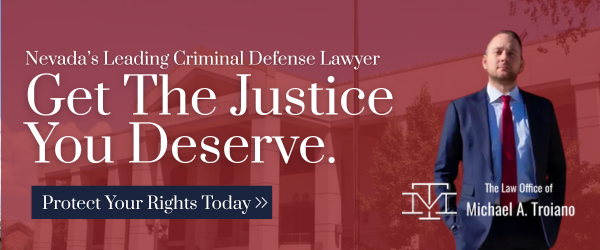 Logandale DUI-DWI Lawyers, Nevada
Logandale DUI-DWI Lawyers, Nevada
Sponsored Law Firm
-
 x
x

Click For More Info:
-
Hofland & Tomsheck Attorneys at Law
228 South 4th St Las Vegas,NV 89101» view mapCriminal Defense, DUI/DWI, Personal Injury Las Vegas Criminal Defense Lawyer
We know your freedom & future hang in the balance in and we take our responsibility to represent you seriously.We will do everything possible to defend you.
800-653-0570
Sponsored Lawyers
1-10 of 15 matches
Criminal, DUI-DWI, Felony, Misdemeanor, White Collar Crime
Attorney Josh Tomsheck is a Partner in the Las Vegas Trial Lawyer firm of Hofland & Tomsheck and heads both the Criminal Trial and Personal Injury Practice Groups for the firm. Mr. Tomsheck is a veteran Las Vegas Trial lawyer who has chosen to commit his practice to fighting for the rights of others who have been injured or charged with crimes. Prior to forming Hofland & Tomsheck with long-time Las Vegas Attorney Bradley J. Hofland, who leads the firms Family Law and Civil Litigation practice groups, Attorney Tomsheck worked for many years as a Chief Deputy District Attorney in the Clark County DA's office as a criminal Trial prosecutor. Due to Josh's work ethic and skill in Trial he was promoted quickly within the DA's office and was assigned to the Gun Crimes Section of the Major Violators Unit where he specialized in Trials involving violent felonies and firearms cases.
(more)Criminal, DUI-DWI, Felony, RICO Act, White Collar Crime
Are you or a loved one facing criminal allegations? Are you or your business being investigated by the authorities? Or do you have reason to believe that you may shortly be facing criminal charges of any sort? Are you in Las Vegas or New York? If you have answered ‘yes’ to these questions, then you need to contact criminal defense attorney, Nick Wooldridge. Nick is a highly respected and most efficient criminal lawyer who has successfully represented and achieved the most favorable decisions possible for numerous clients in New York and Las Vegas. His high level of expertise and fierce dedication to his clients is evident in his track record of success. Nick’s reputation as the attorney who goes the extra mile and finds innovative ways of fiercely defending and protecting his clients’ best interests stands him apart from others in the same or similar field. Attorney Wooldridge is renowned for providing clients with expert legal advice tailored to their particular needs and fighting fiercely on their behalf to ensure that justice is duly served.
(more)




 Joshua Tomsheck Las Vegas,NV
Joshua Tomsheck Las Vegas,NV About UsJoshua Tomsheck
About UsJoshua Tomsheck Case ResultsWe Get Results!
Case ResultsWe Get Results!


